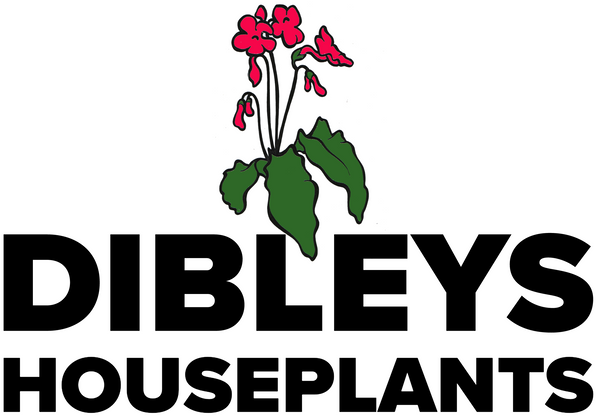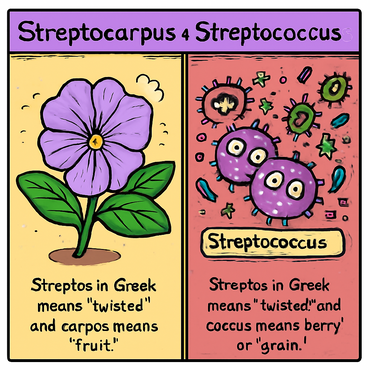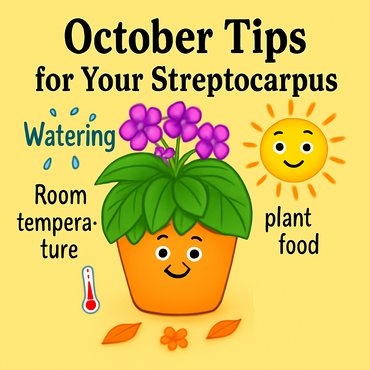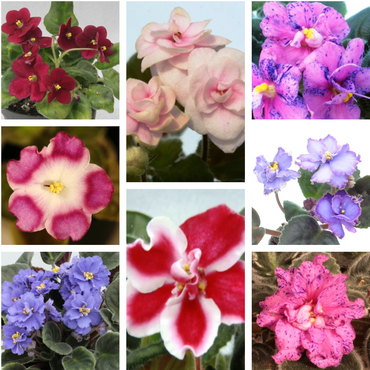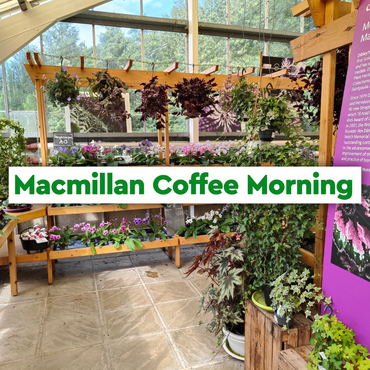It's that time of year when pesky bugs can start appearing on your houseplants. This post will focus on greenfly.

Aphids (Greenfly)
Like many pot plants, Streptocarpus can be infected with these pests. Aphids that infest streptocarpus are small soft-bodied, sap-sucking insects either green or orange in colour. They travel long distances on air currents, creating the illusion of spontaneously appearing on the plants. New generations are produced very rapidly. They are more likely to occur on the youngest foliage and buds - all the softest growing areas (see the picture of the pink flower above).
Often the most obvious symptom is the mass of tiny discarded white skins stuck onto the plant (see the leaf above). These must not be confused with whitefly. Whitefly seldom, if ever, target Streptocarpus - perhaps they find them unpalatable!
If aphids occur on young plants, the leaves may be curled and distorted. Aphids reproduce rapidly and reach maturity within a week and colonies rapidly build up. Some will walk or fly to adjoining plants and so the process will begin again. Aphids feed on the plant allowing a lot of the sweet sap that they imbibe to pass straight through their bodies; it is called honeydew. This can form a sticky layer on the leaves and this sugary layer is food for unsightly black sooty mould which will grow on the leaves. Once the aphids are controlled, the sooty mould disappears. We suggest using a contact spray like SB Plant Invigorator, which is eco-friendly and serves as both a preventive measure and foliar feed. Its purpose is to enhance plants' health and vigour, making it popular among amateur and professional growers - we utilize it weekly in our greenhouses. If you have aphids on your plant, we recommend using SB Plant Invigorator every 3 or 4 days to control the pests. Don't spray when the sun is bright as it can scorch the leaves.
https://www.dibleys-shop.com/products/sb-plant-invigorator
In our greenhouses, we also use biological control. This involves releasing ladybirds and tiny Parasitic Wasps for effective Natural Aphid Control. Using this approach is an entirely organic way to eliminate Aphids.
